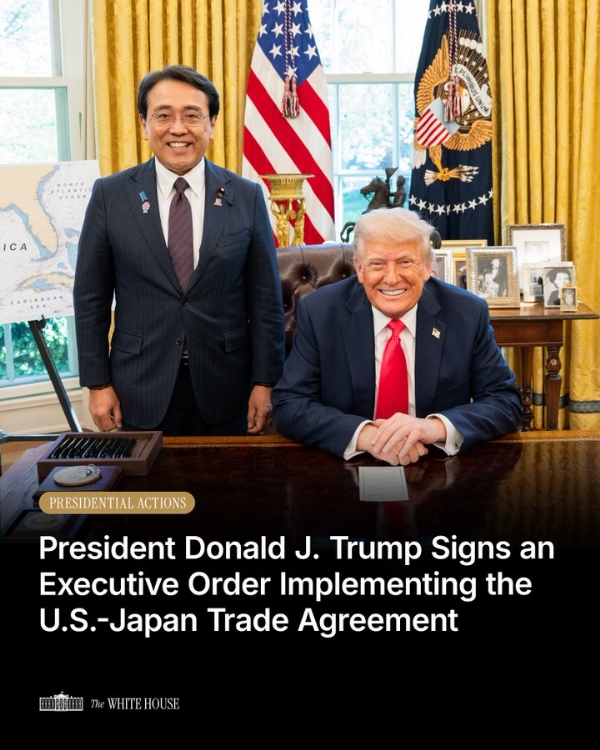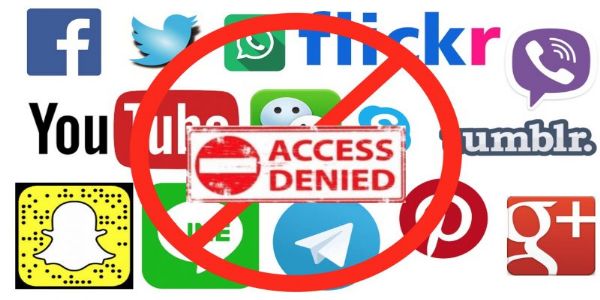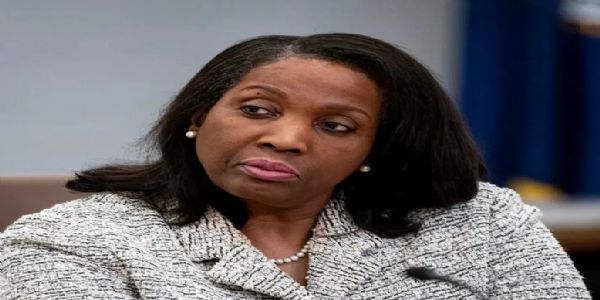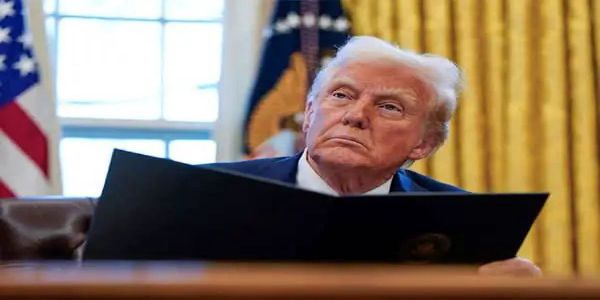
Washington, September 5(HS): US President Donald Trump took a decisive step on Thursday in reshaping bilateral trade relations with Japan by signing an executive order that officially implements the US-Japan trade agreement reached in July. The order lowers tariffs on Japanese automobiles from 27.5% to a uniform 15%, signaling a landmark shift in the trade landscape between the two economic powerhouses.
The historic agreement also secures a staggering $550 billion investment pledge from Japan into the United States, marking one of the largest strategic investment commitments ever made by a foreign government in the US. This infusion targets key American industries including manufacturing, aerospace, energy infrastructure, semiconductors, pharmaceuticals, and defense production, promising to create hundreds of thousands of jobs while supporting domestic industry revitalization. The projects receiving this investment will be selected directly by the US government, ensuring alignment with national economic and security priorities.
President Trump praised the deal as ushering in a new era of United States-Japan trade relations, emphasizing that the new tariff framework combined with expanded US exports and investment-driven production will reduce the trade deficit with Japan and restore greater balance to the overall US trade position. The agreement prevents overlapping tariffs, capping import duties on virtually all Japanese goods at 15%.
In return for these tariff concessions and investment commitments, Japan agreed to significantly expand market access to American goods across several vital sectors. This includes enhanced opportunities for US manufacturing, aerospace, agriculture—including a 75% increase in rice imports—food, energy, automobiles, and industrial products. As part of the pact, Japan will also purchase substantial amounts of US-made commercial aircraft and defense equipment, strengthening economic as well as strategic ties.
The reduction in auto tariffs from 27.5% to 15% is especially welcome news to Japanese automakers such as Toyota, Honda, and Nissan, who faced significant financial impacts under the previous tariff regime. The executive order’s swift implementation timeline—tariffs lowered within seven days of the order’s publication, with some retroactive effect to August 7—brings much-needed clarity and relief to the automotive sector.
Japan’s chief trade negotiator, Ryosei Akazawa, praised the move, having traveled to Washington to urge for the formal enactment of the deal. The US Commerce Secretary Howard Lutnick also signed documents to formalize the agreement, underlining the cooperative spirit between the two nations.
This agreement stands out as unique in American trade history, not only because of the tariff adjustments but for the unprecedented level of Japanese investment in the US economy, representing a strategic partnership poised to strengthen industrial prowess and national security for years to come.
---------------
Hindusthan Samachar / Jun Sarkar








